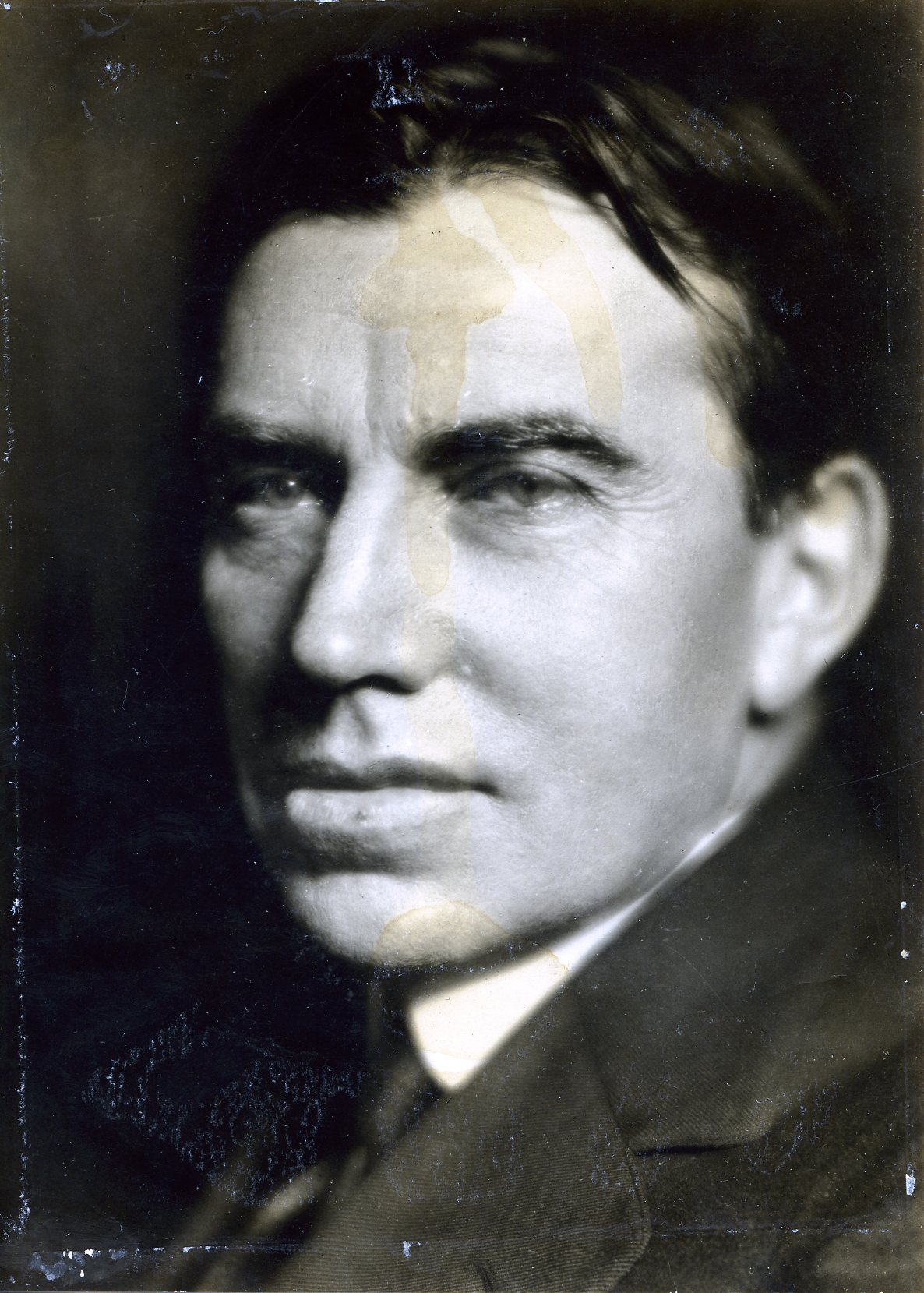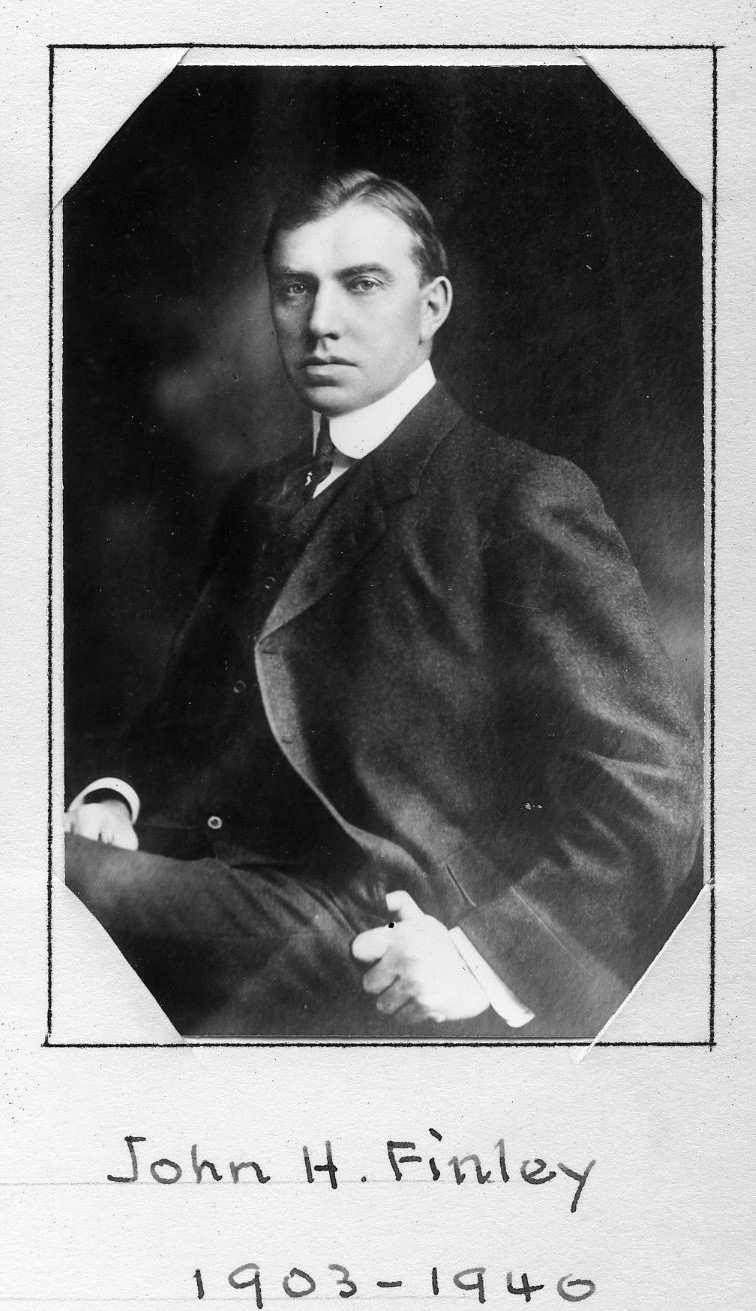Professor/Journalist
Centurion, 1903–1940
Born 19 October 1863 in Grand Ridge, Illinois
Died 7 March 1940 in New York (Manhattan), New York
Buried Princeton Cemetery , Princeton, New Jersey
, Princeton, New Jersey
Proposed by Robert W. de Forest and S. Macauley Jackson
Elected 2 May 1903 at age thirty-nine
Proposer of:
Seconder of:
Century Memorial
A familiar face in Club gatherings has left us with John Huston Finley. The tall figure and easy manner were often to be seen at monthly meetings, a gracious presence always. Finley’s life experience had been varied; it is not easy to determine his special bent. During the nineteen last years of his life, he had served on the editorial staff of The New York Times; first as associate editor-in-chief; then, at the death of Rollo Ogden, as editor-in-chief; and finally as editor emeritus. For this work he had been prepared, years before, by service on the college paper at Knox College and later on McClure’s Magazine. Yet, curiously enough for a man one third of whose life was spent in editorial pursuits, Finley was not a born journalist. During the twenty years before he joined The Times, he had been president of Knox College, professor at Princeton, president of the College of the City of New York, and New York State Commissioner of Education.
His service to The Times was primarily in articles on education and in sketches of well-known men, written the day after their deaths. But he brought also a wide and intimate acquaintance with every worth-while man in business and professional life. All of them liked him; all turned to him a side of themselves which to many other acquaintances was hardly visible. His warm and unvarying friendship for ex-President Grover Cleveland, then in retirement at Princeton, was an illustration. He was in constant request as chairman or speaker at every kind of social gathering. No one who heard him on such occasions will forget the winning manner, the momentary hesitation which seemed to belong to a wholly extemporaneous address, then the thoughtful outlining of his subject. His poetry—of which he wrote much—was quite himself. One of his offhand poems is regularly read at the annual meeting of the Club.
All of these qualities were strikingly in evidence during Finley’s great adventure, when in 1918 he went to the battle front in Palestine as Red Cross commissioner. Allenby and Lawrence became his warm friends, in a way not wholly usual with army commanders and a civilian. Yet with Finley, the constant reminder of the Palestine of the Scriptures, the frequent visits on foot to places whose names were part of the world’s religious tradition, crossed curiously the march and countermarch of armies.
For Finley walked long distances in Palestine, as he did in America. Few people of our generation have covered so much ground on foot. When there was no pressing engagement in New York, he passed the morning or afternoon in a pleasant walk around the whole of Manhattan Island. One of his own favorite reminiscences was of an evening when an educational conference at Princeton had become so absorbed in its discussions that the New Yorkers found they had missed the last eastbound train. It was then midnight. Finley proposed, in entire good faith, that some of them walk back to New York with him and, finding them more disposed to a comfortable bed than to the traversing of fifty miles on foot in the darkness, Finley made the journey by himself.
Alexander Dana Noyes
1940 Century Memorials


